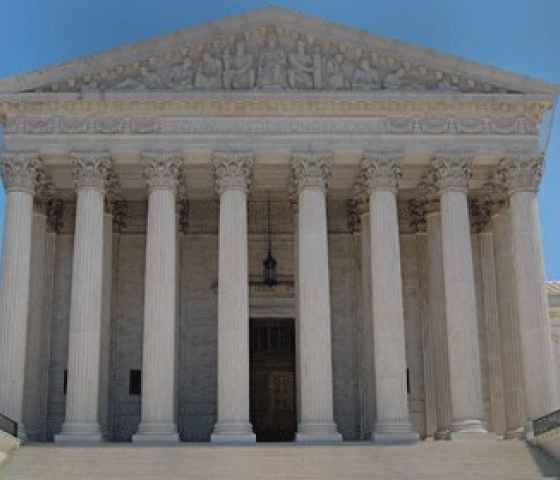Real ID is dead. Thirty-six states currently do not meet compliance standards set by federal law, 14 of which have passed binding legislation prohibiting participation in Real ID. In all, twenty-four states have enacted bills or resolutions that oppose the Real ID Act. The people have spoken. Americans have a long and proud tradition of resisting government intrusion into their private lives, and Real ID is just that: a needless, ineffective and burdensome intrusion.
Over the past weeks, much has been made of the rapidly approaching compliance deadline for Real ID. The hand wringing stems from a concern that, come January 1st, 2010, New Mexicans may have to carry their passports if they wish to board a plane or enter a federal building. While this is a frightening prospect, the deadline is almost certain to be extended. With over half the states in non-compliance, suddenly forcing Americans to use their passports for internal travel during one of the year’s busiest travel times would throw airports and airlines into a state of chaos. Is DHS Secretary Janet Napolitano so foolhardy as to risk paralyzing the nation and further wounding an already reeling American economy?
Congress passed the Real ID Act in May 2005 without a single hearing in the Senate, ostensibly to provide Americans with greater security in the wake of the September 11th attacks. Rather than make America safer, Congress created a 20 billion dollar boondoggle (the cost of which would be borne by the states and individuals) that saddles the nation with a big burden and a small security return.
ID-based security is inherently unreliable. What do Timothy McVeigh, Ted Kaczynski and Major Nidal Hasan all have in common? They all would have had zero difficulty obtaining Real ID compliant cards. Bad actors will inevitably find ways of obtaining fraudulent cards and may already be eligible to acquire them by legitimate means. The idea that imposing the United States’ first-ever national identity card system will make us safer is founded on a false premise.
What Real ID would do is open the door to greater intrusions on individuals’ privacy and widespread identity theft. These de facto national identity cards could ultimately result in a situation where citizens’ movements inside their own country are monitored and recorded through these “internal passports”. Invasions of privacy will only increase as the purview of Real ID expands over time to encompass other activities necessary to participate in society. Simply look to how the role of drivers’ licenses has expanded beyond merely authorizing one to operate a motor vehicle.
Furthermore, Real ID and its slightly watered-down successor, PASS ID, call for an unprecedented amount of personal information to be collected, stored and consolidated in a system of interlinked databases. This amounts to a one-stop-shop for individuals’ personal information that will prove to be an irresistible lure to determined identity thieves, further exacerbating the fraud epidemic that already costs Americans billions every year.
Leaving aside the logistical nightmare, financial strain and security concerns they create, the bottom line is that Real ID and PASS ID limit the freedom of Americans. They place needless burdens on the constitutionally protected right to travel and various First Amendment guarantees by restricting access to federal buildings. These are all essential liberties we should never give up willingly. And certainly never for the sake of a law that provides so little benefit and creates the potential for so much harm.
Diane Wood, Policy Director
ACLU of New Mexico
(This letter first appeared 12/10/09 in the Opinions section of the Albuquerque Journal.)
